Products
HOW IS INTELLIDIGEST HELPING?
We are developing novel solutions to tackle food waste and loss within the
food system from farm to fork.
Our products
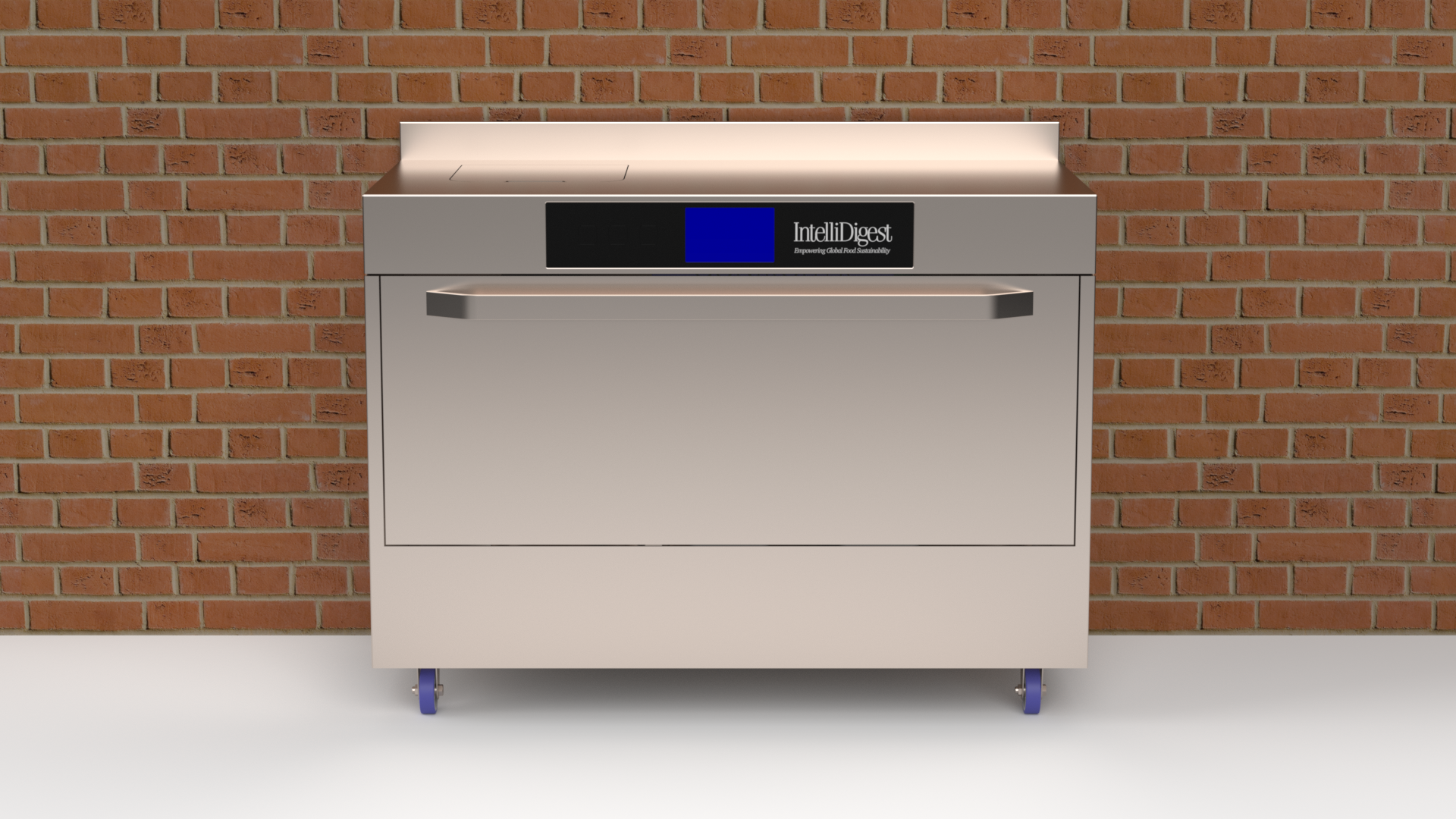
idigest
The iDigest is a nature inspired robot that completely changes the game for those looking for sustainable solutions to their food waste challenges.
The iDigest is an onsite food waste processor with a unique identifier for you.
With built in functions that support a wide range of food waste needs; the iDigest takes your food waste and transforms it into a nutrient that can be used for sustainable food production.
isaver
iSaver is an innovative and unique solution to edible food waste.
It brings together advances in a range of technologies to improve food delivery in a convenient, safe and hygienic way.
iSaver is designed for use in residential, industrial and commercial settings, and transforms the way meals are served in restaurants and fresh agrifood produce distributed.
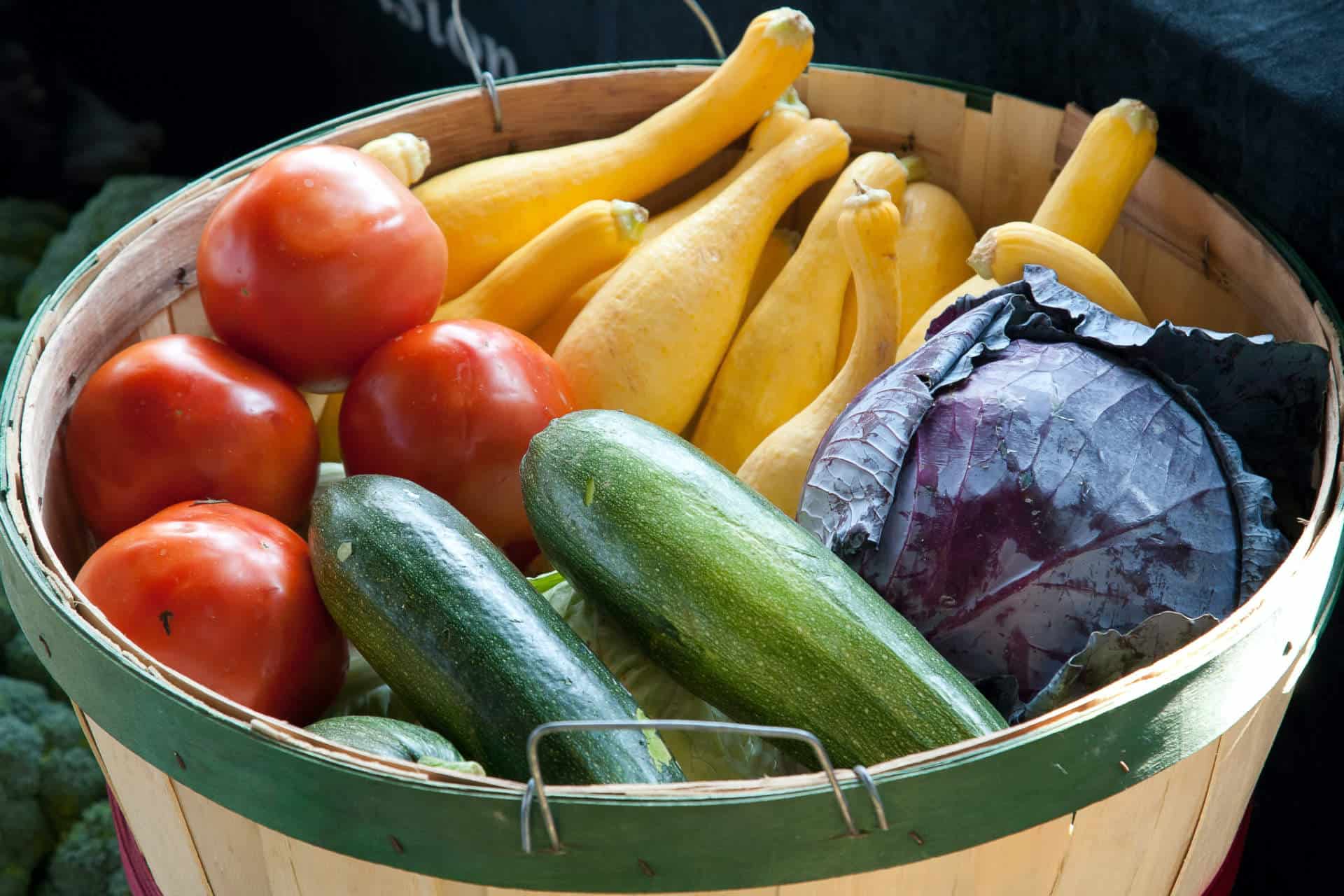

suschem
Thinking of sourcing sustainable chemicals for your process? We have got it sorted with SusChem.
You can source bio-nutrient for your farming or biochemical for your process through the SusChem platform and be confident that is sustainable as all our sustainable chemicals are recovered from inedible food waste.
SusChem directly addresses specific challenges with local food production, global packaging and manufacturing industry, enabling companies to source innovative raw materials and reduce costs. Derived from innovative advances in food waste recycling, SusChem is set to transform global supply chains.
Why is food loss and waste an issue?
Essentially, food loss and waste is the decrease in quantity or quality of food along the food supply chain.
The broad estimate FAO provided in 2011 suggested that around 1/3 or 30 percent of the world’s food was lost or wasted every year. This can be considered a preliminary estimate that raised awareness of the issue.
To provide more clarity on the subject, that figure is in the process of being replaced with two separate SDG indicators, the Food Loss Index (UNFAO) and the Food Waste Index (UNEP).
These two indices will allow us to measure more precisely how much food is lost in production or in the supply chain or is wasted by consumers or retailers.
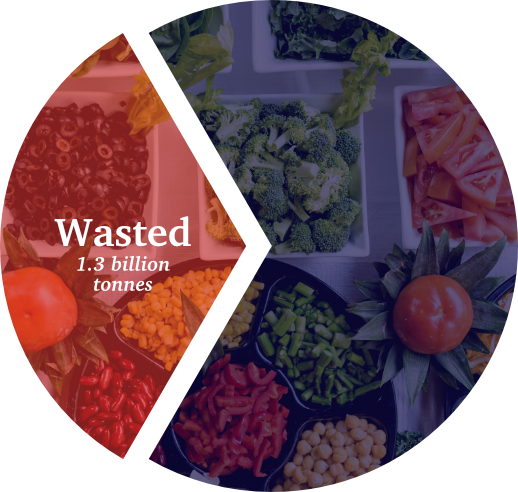
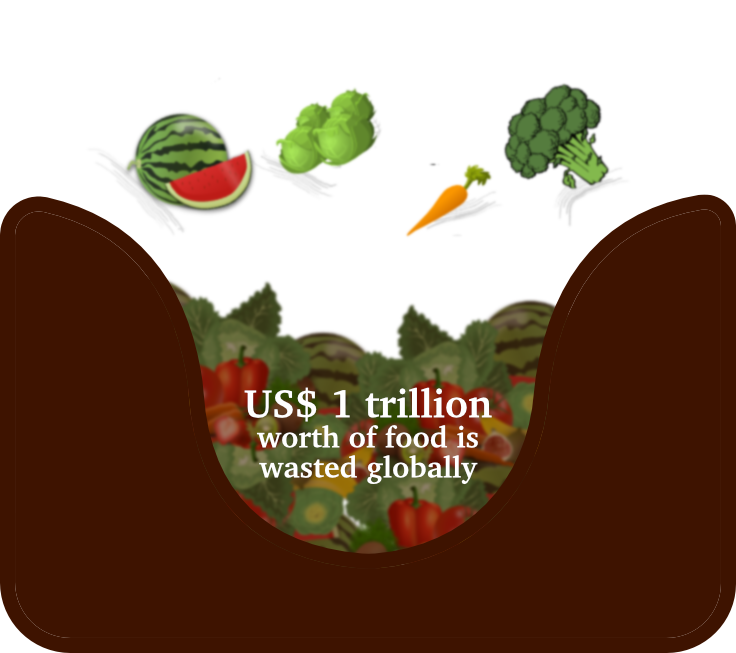
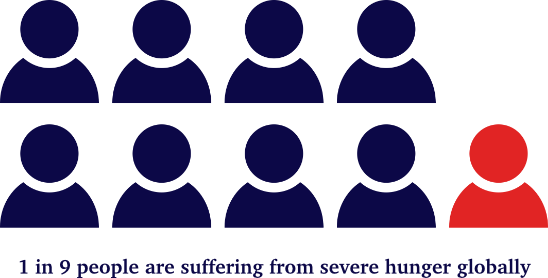
Where does food loss and waste occur?
Production (Input, farming processes)
At the farm, important causes of on-farm losses include inadequate harvesting time, climatic conditions, practices applied at harvest and handling, and challenges in marketing produce.
Processing (Aggregation, storage)
Significant losses are caused by inadequate storage, as well as decisions made at earlier stages of the supply chain that cause products to have a shorter shelf life.
In transit – Distribution (Traceability, Trading, Retailing)
Good infrastructure and efficient trade logistics are key to preventing food loss. Processing and packaging play a role in preserving foods, and losses are often caused by inadequate facilities, technical malfunction or human error.
In the shop and hospitality sector
The causes of food waste at the retail level are linked to limited shelf life, the need for food products to meet aesthetic standards in terms of colour, shape and size, and variability in demand.
In the home – Consumption (Consumer preferences, nutritional demand, safety , security)
Consumer waste is often caused by poor purchase and meal planning, excess buying (influenced by over-large portioning and package sizes), confusion over labels (best before and use by) and poor in-home storing
The Food Loss Index is calculated by FAO and provides new estimates for part of the supply chain, from post-harvest up to (but not including) retail. Initial estimates made by FAO for the Food Loss Index tell us that around 14% of the world’s food is lost from post-harvest up to (but not including) the retail level.
The Food Waste Index, calculated by UNEP, measures food waste at retail and consumption levels. Estimates for this index are forthcoming.
The World Resources Institute (WRI) recognised this need for measurement in its paper outlining the problem, commenting, “If one does not know how much or where food loss and waste is occurring, how can one be expected to do something about it? As we measure food loss and waste, we are having a better understanding of the sources of food loss and waste.

Partner with us
We believe in collaboration. Over the last few years we have worked with a range of academics, policy-makers and industry partners. We invite you to partner with us to empower global food sustainability.
Intellidigest Careers
We are keen to work with people interested in sustainable impacts, particularly in the global food sector. Contact us by email to find out more about our 2023 opportunities.

